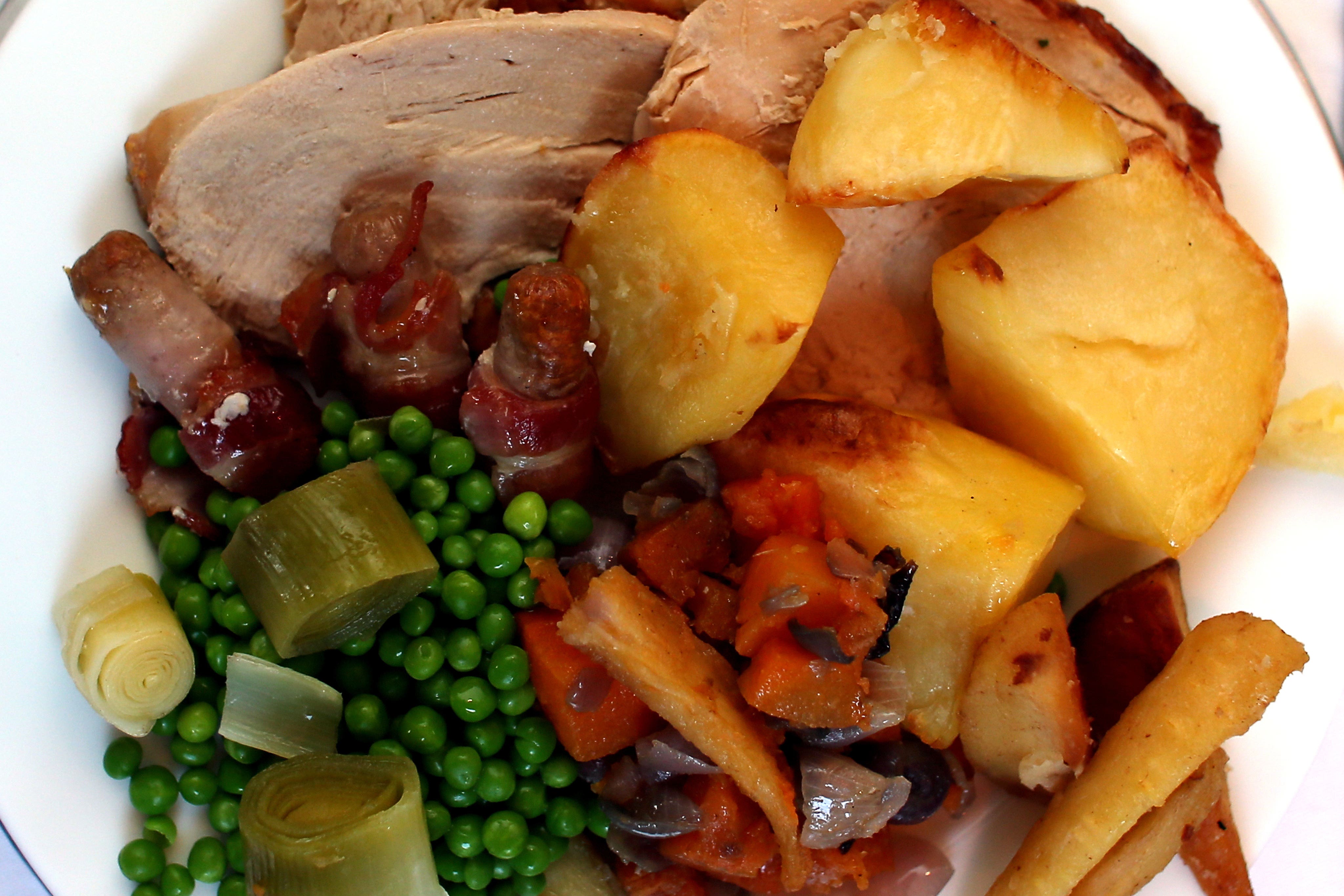Households urged to take care with festive food hygiene after ‘risks’ findings
Some 45% of people are playing “buffet roulette” by admitting they would be likely to leave food from the fridge out for hours before eating it.

Your support helps us to tell the story
From reproductive rights to climate change to Big Tech, The Independent is on the ground when the story is developing. Whether it's investigating the financials of Elon Musk's pro-Trump PAC or producing our latest documentary, 'The A Word', which shines a light on the American women fighting for reproductive rights, we know how important it is to parse out the facts from the messaging.
At such a critical moment in US history, we need reporters on the ground. Your donation allows us to keep sending journalists to speak to both sides of the story.
The Independent is trusted by Americans across the entire political spectrum. And unlike many other quality news outlets, we choose not to lock Americans out of our reporting and analysis with paywalls. We believe quality journalism should be available to everyone, paid for by those who can afford it.
Your support makes all the difference.The food safety watchdog has urged households to take care over Christmas after finding many are taking “unnecessary and avoidable risks” with festive food.
The Food Standards Agency (FSA) found that 45% of people are playing “buffet roulette” by admitting they would be likely to leave food from the fridge out for hours before eating it.
More than a quarter (27%) said they would be likely to store food that should be refrigerated in another cool place such as a garage, porch, or cool box due to a lack of space in the fridge over Christmas.
Just under a quarter (23%) said they would be unlikely to ask if their guests have any food allergies or intolerances.
Some 46% said they did not always check use-by dates before cooking or preparing food at home, while 39% admitted that they at least occasionally cook raw meat, such as turkey or sausages, past its use-by date.
A third of those surveyed (33%) said they did not always wash their hands before cooking or preparing food at home.
Don’t be a turkey - our new data shows us that people are taking some unnecessary and avoidable risks in the way they cook, prepare and store food
Robin May, chief scientific advisor at the FSA, said: “Don’t be a turkey – our new data shows us that people are taking some unnecessary and avoidable risks in the way they cook, prepare and store food.
“Whether your Christmas meal is a chicken for two or a goose for 22, make sure it is cooked until steaming hot all the way through.
“Although we are talking about this in a light-hearted way, there’s a serious message underlying the data. No one likes being ill over the holidays, especially at a time when friends and family come together, including people who are more vulnerable to food poisoning, such as older relatives or those who are pregnant.
“If you’re cooking for a crowd, there’s lots to think about and maybe not much room in the fridge. We have lots of easy tips on food.gov.uk about cooking turkeys, storing food, chilling and reheating leftovers so you and your loved ones stay well and enjoy the celebrations.”
The FSA urged those buying a fresh turkey, duck, or goose in advance of Christmas day to check the packaging to make sure it is suitable for home freezing.
Other tips included freezing any leftovers for future dishes and chilling food between meals if you want to eat it later and keeping the fridge at 5C or below.
The watchdog also reminded consumers that a “use-by” label on food is about safety, meaning the product cannot be eaten after this date – although food with a use-by label can be frozen right up to the end of the date.
A “best before” label is about quality, meaning the product is safe to eat after this date but might not be at its best.
Dr Gauri Godbole, deputy director at the UK Health Security Agency, said: “If you do get diarrhoea and vomiting this Christmas, there are steps you can take to avoid passing it on to your family.
“Clean surfaces regularly with bleach and wash your bedding at temperatures of 60C or higher.
“Avoid preparing food for others if you have symptoms and don’t visit vulnerable people for 48 hours after symptoms have stopped.
“Keep washing your hands – alcohol gels don’t work on all bugs.”